Income properties are real estate investment vehicles that can provide income and appreciation as rental properties. Income properties come in all shapes, sizes, and price points. You can find single-family homes, condos or apartments in locations.
When researching income property opportunities, it’s important to understand the terminology of rental income vs capital gains tax implications first. Rental income (aka cash flow) refers to monthly payments from tenants minus expenses associated with running the property such as mortgage payments, maintenance fees and insurance premiums).
This article will explore all aspects of income property, how to invest in income property, types of income property, financing investment in income property and much more.
What Is an Income Property?
Simply put, an income property is a real estate investment that provides monthly rental income to a real estate investor. This could be in the form of single-family homes, condos or apartments or many other forms of real estate property.
There are many reasons why people may want to invest in income properties – whether they’re looking for stable cash flow, variable rental growth potential or both. In addition, many people believe that properties with good cash flow characteristics tend to outperform more volatile assets over time (for example stocks). That said, there are certainly other reasons to invest in income properties, such as diversification or building a portfolio of properties.
Benefits of an Income Property
There are many benefits to investing in income properties. These include:
-Stable cash flow: Monthly rental income is a reliable stream of income that typically doesn’t fluctuate much (although there are occasional surprises). This makes it an ideal investment for people who want predictable financial security.
-Returns over time: Properties with good cash flow characteristics tend to outperform more volatile assets over time (for example stocks). As such, investors can often expect higher long-term returns when building a portfolio of properties like this.
-Greater diversification opportunities: Investing in multiple types of real estate can help reduce the risk of portfolio loss. This is especially important in an environment where real estate markets are increasingly volatile.
-Limited investment risks: Income properties typically don’t require a huge up-front investment (although some costs, such as property taxes and maintenance, do come with the territory). That makes them a great option for people who want to get started with real estate without risking too much money.
-Greater rental potential: Many income properties have large rental potential – meaning they could potentially generate substantial monthly income. This can be helpful if you’re looking to break into the real estate market or take your real estate business to the next level.
-Access to attractive financing options: Income properties often have easier access to financing than other types of real estate. This makes them an excellent investment option for people who want to get started quickly and don’t need a huge down payment.
House Plans in Kenya Per Categories
Flat Roof House Designs
Five Bedrooms House Plans
Church House Plans
Bungalow House Plans
Bedsitters
Apartment House Plans
Three Bedrooms House Plans
Rental
One Bedroom House Plans
Maisonette House Plans
Four Bedrooms House Plans
Income Property vs. Investment Property
While income properties are typically considered to be in the investment category, there is a big difference between these types of property.
Investment properties are typically bought with the hope of making a large return over time – often through capital appreciation (the increase in price due to increased demand). This can be an exciting prospect for some people, but it comes with risks that must be taken into account.
In contrast, income properties provide predictable monthly cash flow. While they may not always exceed investor expectations, they tend to provide stability and security for investors over time. As such, this type of property is typically seen as a safer investment option and a good idea for consideration as a source of passive income.
Ways to Invest in Income property(income Producing Real Estate)
There are several ways to invest in income-producing real estate. Some popular options include:
Single-Family Rentals
One of the simplest ways to invest in income-producing real estate is through single-family rentals. This type of property can provide you with a steady stream of monthly income, while also giving you access to an ever-growing local market.
Small Multifamily Property
One of the great investment opportunities to consider is small multifamily property. If you are looking for an investment property that offers a bit more stability and flexibility, consider investing in small multifamily properties. This type of property is often less risky than investment properties, making it a great option for those who are unsure about the stock market.

Portfolio Management
Finally, if you want to invest in income-producing real estate but don’t have the time or money to manage your portfolio, some companies can help take care of everything for you (PTI services). While this may be a convenient option, be sure to do your research – some PTI services are sketchy and may not offer the best returns.
Turnkey Properties
Turnkey properties offer investors the opportunity to purchase a property pre-developed and ready for occupancy. This can be a great way to get started quickly, while still ensuring that you have full control over your investment – there is little risk in this type of investment!
There are a variety of ways to invest in income-producing real estate, and it’s important to choose the option that is best suited to your individual needs. Do your research before making any decisions – there are plenty of scam artists out there! Would you consider investing in turnkey properties?
Short-Term Rentals
If you are looking for short-term rental properties, some platforms can help connect you with properties. While this may be a quick and easy way to get started, be sure to do your due diligence – some short-term rental platforms are sketchy and may not offer the best returns.
Fix-and-Flip Real Estate
If you are looking to invest in income-producing real estate and have some renovation experience, fix-and-flip real estate may be a great option for you. This type of investment involves purchasing a property that needs renovation, fixing up the property (or portions thereof), and then selling it at a higher price than when purchased.
While this type of investment can be risky, there are opportunities for significant returns if done correctly! While each option has its risks and rewards, it’s important to do your research before making any investment decisions. There are plenty of scam artists out there, so be sure to choose an option that is trustworthy and beneficial to your long-term goals!
Wholesaling
If you are looking to invest in income-producing real estate but don’t have the renovation experience or capital necessary to fix and flip properties, wholesaling may be a better option for you. This involves buying properties at a lower price than they would typically sell for and then selling them to individual homeowners or investors.
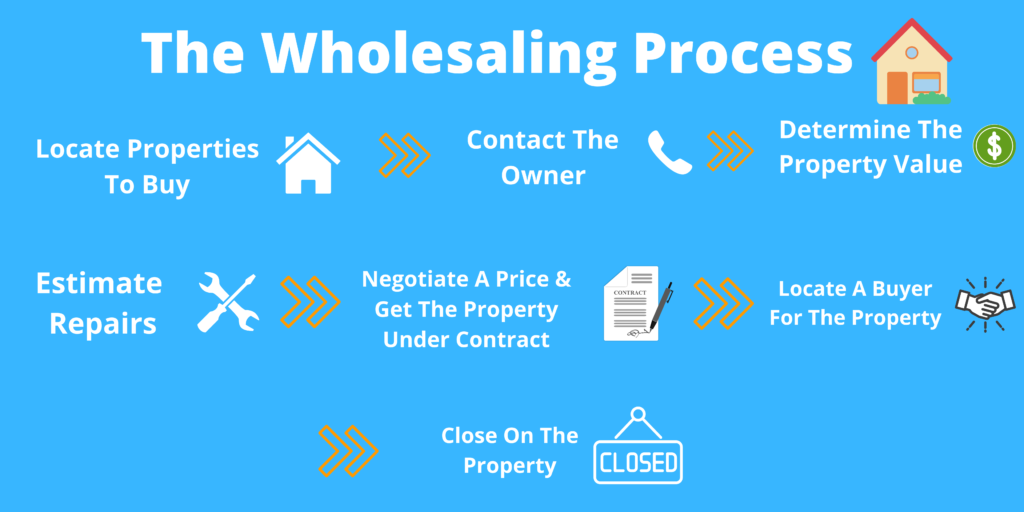
While this type of investment is not as risk-free as some others options, there is potential for significant returns if done correctly! Again, do your research before making any decisions – there are plenty of scam artists out there!
REITs
Real estate investment trusts (REITs) are a type of real estate investor that offers investors the opportunity to invest in a variety of properties across the United States. While this option is not as risk-free as some others, there are opportunities for significant returns if done correctly!
REITs typically offer higher income potential than other types of real estate investments, so it’s important to do your research before making any decisions. Choose an option that is beneficial to your long-term goals and be sure to stay informed – scam artists prey on uninformed investors!
Crowdfunding
Crowdfunding is a way for individuals and businesses to raise money by offering shares or loans of money. This option can be a good way to invest in real estate, as it allows you to access capital without having to put up any cash upfront. However, like with any investment, there are risks involved – so make sure you do your research before making a decision!
7 Biggest Benefits of Investing in Income Property
1. You can make a significant return on investment
2. It’s low-risk and easy to get started
3. There are opportunities for significant income growth
4. Income properties tend to be stable and have less risk than other real estate investments
5. You don’t need to have enough money upfront to get started – most income property investments require only a small down payment
6. Crowdfunding is a great way to invest in income properties – it offers access to capital without having to put up any cash upfront
7 . The biggest downside of investing in income property is that there is the potential for significant losses. However, with careful planning and research, it’s possible to make a healthy return on investment regardless! So don’t be afraid to explore this option – it can be a great way to achieve your long-term real estate goals!
Disadvantages of Income Properties
1. There is a risk of going into debt to invest in income properties
2. Income properties can be subject to fluctuations in the market – this can lead to limited opportunity for profit
3. It’s important to know what you’re getting yourself into when investing in income property – make sure you do your research before making a decision!
4 . Income properties may require some maintenance and renovation work, which could be expensive
The Best Income Properties for New Investors
There are many income properties for beginners to try out. These include;
#1: Multi-Family Homes
Multi-family homes are a great option for new investors because they offer plenty of opportunities for income growth. You can buy properties outright, or you could invest in property syndicates – this allows you to share the risks and rewards of the investment with other people.
#2: Short-Term Rentals
Short-term rentals offer another great opportunity for income growth within a short period of time. If you have the right skills and marketing strategy, short-term rental properties can be incredibly profitable. And again, syndicate investments allow you to take advantage of group synergies and leverage your investment into even bigger profits!
#2: Mobile Homes
Mobile homes are another great income property option for new investors. They’re often in high demand, and as such, there’s a lot of growth potential. Plus, mobile home properties tend to be relatively low-maintenance – this means you can take advantage of minimal renovation needs to maximise profits!
If you’re looking to invest in income properties but feel intimidated by the risk involved, don’t worry – with the right planning and research, it’s possible to make a healthy return on investment regardless! So don’t be afraid to explore this option – it can be a great way to start building your wealth!
#3: Detached Single-Family Homes on Sale
Detached single-family homes are a great option for those who want to buy a property and live in it themselves. When you purchase a detached home, you’re essentially buying an investment – so the price of the property is more important than its location. This means that if prices rise over time, your investment will too!
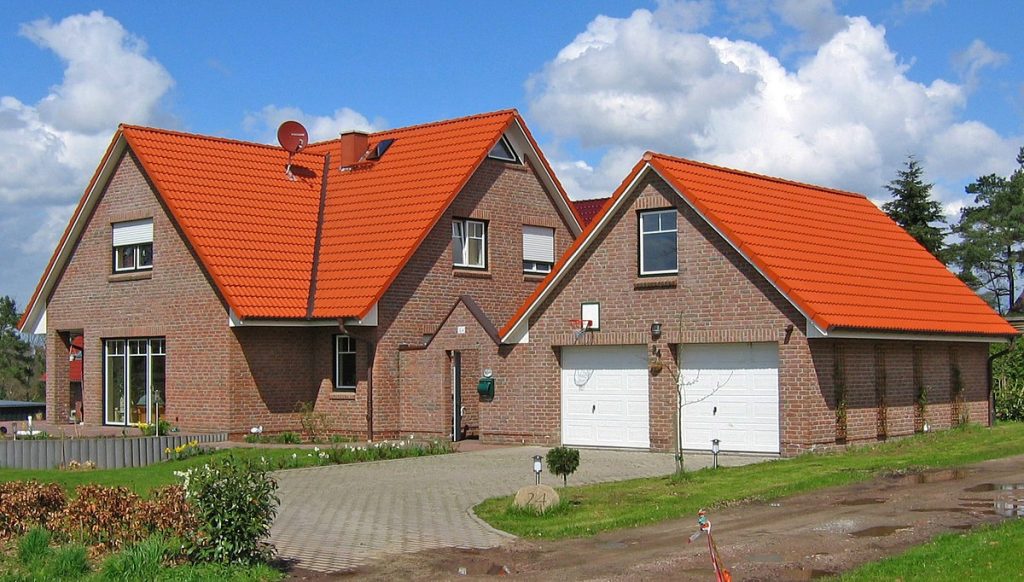
There are countless income properties out there for new investors to explore. So don’t wait – start building your wealth today by investing in one of these great options!
#4: The Airbnb Rental
If you’re looking to take your income property investment to the next level, consider renting out properties through Airbnb. This is a great way to tap into a growing market and generate a lot of extra income. Plus, as Airbnb becomes more popular, rental prices are likely to increase – so it could be an excellent investment for years to come!
Before jumping in though, make sure you have all the necessary licenses and permits in place. And be prepared for some tough competition – there’s no shortage of people looking for rental properties on Airbnb!
Investing in the best income properties
There are many income properties out there that could be perfect for you – so don’t hesitate to explore your options! By doing so, you’re likely to find a property that’s both profitable and safe. And with a little research, it’s possible to make a healthy return on investment no matter what the market conditions. So go ahead – invest in one of these great income properties today!
3 Signs You’re Ready To Buy An Investment Property
If you’re ready to take your income property investment to the next level, there are a few things you need to be aware of.
- 1. You’re Financially Stable
Before you buy an income property, it’s important to make sure that you’re financially stable. If purchasing an investment property is something that concerns you, then be sure to have a good understanding of your finances – and make sure that you have enough cash flow available in case of any setbacks.
(a) You Have A Good Understanding Of Property Values
When it comes to buying income properties, your understanding of property values is essential. Without this knowledge, it’ll be tough for you to assess the worth of a rental property before making a purchase offer. And don’t forget – estate agents and property appraisers can be a big help in this process!
(b) You Have The Skills And Knowledge To Manage A Property
Buying an income property is a big commitment, and you’ll need to have the skills and knowledge to handle it well. If you’re not sure whether or not you have these qualities, then take some time to assess your current abilities – before making the purchase decision.
- 2. The Return On Investment (ROI) Is There
When it comes to buying income properties, the return on investment (ROI) is always important. But make sure that you’re looking for properties with a high ROI – especially if you’re purchasing as an investor.
(a). You Have A Passion For Property Ownership
If you have a passion for property ownership, then owning an income property is something that interests you!
- 3. You Have Time To Manage It
When it comes to income properties, you’ll need time to manage them well. If you don’t have the time or resources to do this effectively, then you may want to look for properties that are easier to take care of – or consider purchasing into a rental property management business! When it comes to purchasing income properties, there are a few things that you need to take into account.
Firstly, make sure that you have a good understanding of property values – this will help you assess the worth of a rental before making an offer. Secondly, be prepared to manage the property well – if you’re not experienced in this area, then consider hiring someone else to do this for you. And finally, make sure that your plans include enough time and resources to maintain and grow the investment!
Things To Consider Before Buying An Investment Property
There are four things to consider when putting in an investment property.
1. What Are The Housing Market Trends?
When you’re buying an investment property, it’s important to consider the current market trends. This will help you determine whether or not the property is worth purchasing – and if so, at what price point! The market price of a property should be within the current market trends, not too high. The market prices of commercial properties tend to vary largely with market trends.
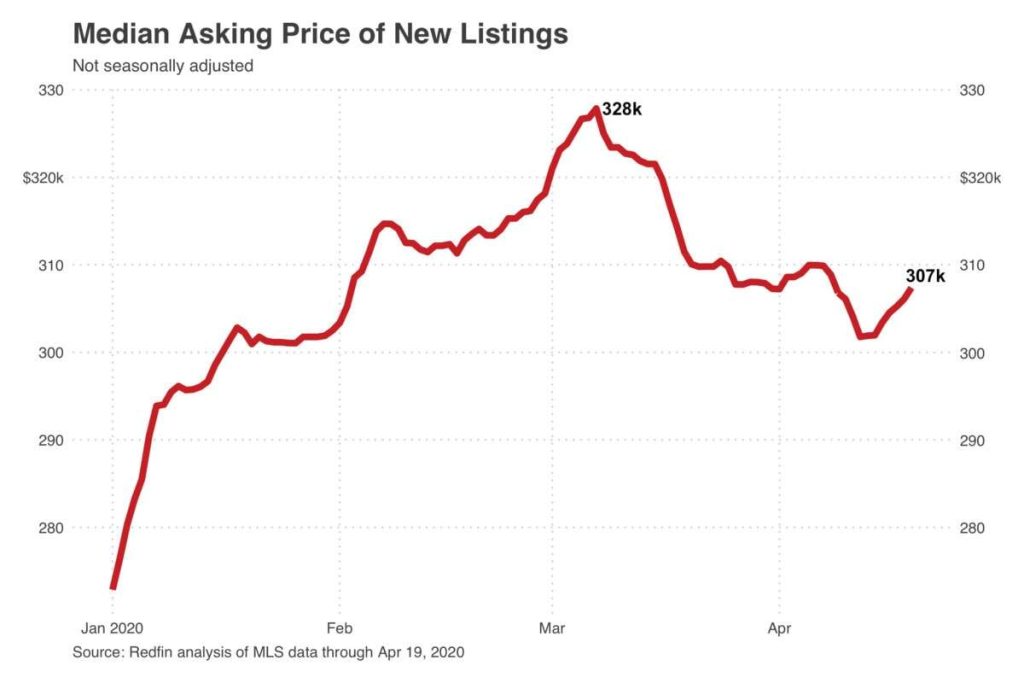
How Expensive Will It Be To Maintain?
When purchasing an income property, make sure that you factor in how expensive it will be to maintain and grow with minimal effort. This includes things like repairs, renovations, tenant turnover costs and more!
2. Should You Buy With A Partner?
One of the great things about investing in property is that it can be done with a partner. This way, you have someone to share the burden with and help grow your investment! However, make sure that you both agree on what properties to purchase and at what price point!
3. How Much Will Property Taxes Be?
Finally, make sure to factor in property taxes when purchasing an income property. This will help you determine how much money you’ll be putting away each month! When looking into buying an income property, it is important to consider the current market trends. This will help you determine whether or not the property is worth purchasing – and if so, at what price point! Understand your taxable income for the property.
Should You Hire A Property Management Company?
When it comes to income properties, it is important to have someone responsible for the day-to-day operations. This is where a property management company comes in handy!
A good property management company will take care of things like tenant screening, low maintenance and repairs, as well as marketing and advertising your property and will contribute to sustaining traditional rentals high. A good property manager will help you achieve the gains of owning an income property thus making it a good investment.
Applying For Investment Property Loans: How To Prepare
Before applying for a mortgage loan, it is important to have a plan in place. This includes understanding the steps involved in completing an application and preparing your financial statements! As a borrower, you need to have a deeper understanding of the type of loan you are applying for.
Here are three tips on how to prepare for investment property loans:
1. Investment Property Loan Requirements
There are a few things that you will need to have to get an investment property loan. These include:
-A good credit score
-Business experience or knowledge of real estate
-Proven income – Either through rental income, recent sales of similar properties, or other consistent sources of income.

2. Preapproval
Before you even start the loan application process, it is important to have your lender preapprove your project. This way, they know that you are serious about acquiring the property and will not try to pull a fast one on them once you’ve signed the paperwork.
-Make sure that all information is accurate and up-to-date
-Submit all required documentation as soon as possible
-Be prepared to answer any questions that the lender may have.
-Lenders will typically require a down payment of at least 20%.
3.Other Considerations
There are a few other things that you’ll need to take into account when applying for an investment property loan. This includes:
-Property and occupancy
-Location – You will likely need to pay higher premiums in some areas than others. factor this into your decision-making process.
-Insurance – Make sure you have adequate coverage for any potential risks associated with owning a piece of real estates, such as loss of income or damage from natural disasters.
10 tips for buying a rental property:
These are some 10 tips for buying a good rental property in your location or your desired market.
- 1. Determine if buying an investment rental property is right for you
There are a few things to consider before investing in rental property. First, be sure that you have the necessary qualifications and knowledge to successfully own and operate a rental property. Next, make sure that the market conditions are favourable for investment properties-elevated interest rates or inflated real estate values can lead to serious losses if you do not understand how depreciation works. Last, find an experienced real estate agent who can provide guidance throughout your purchase process and help minimize risks associated with investing in rental property. Will it be a good source of passive income?
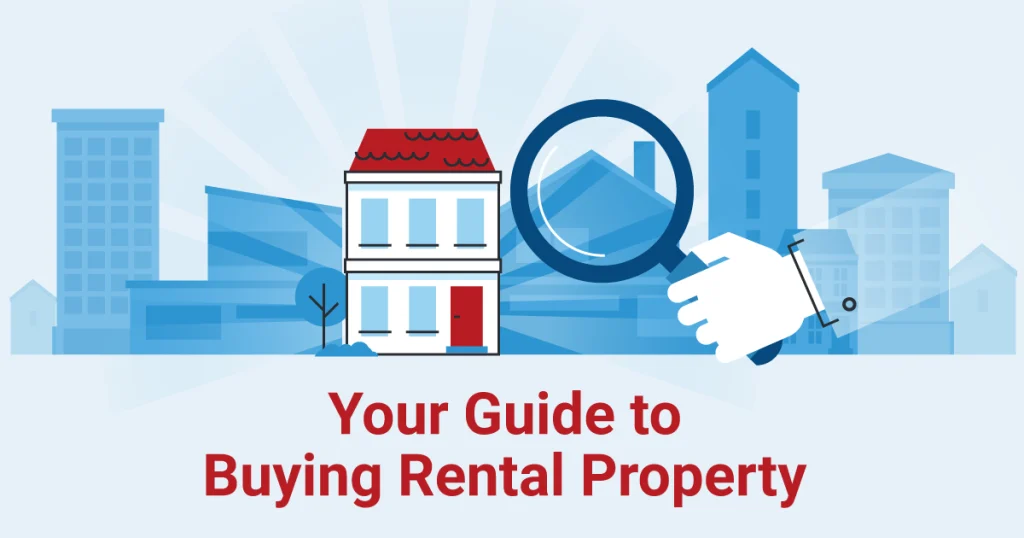
(a) Do your research – know what you’re getting yourselves into
Before making an investment decision related to rental property, it is important to do your homework. Review recent trends in the market, consider your income and investment goals and talk to real estate professionals about properties that would fit within your budget and interest.
(b) Get advice from a qualified professional – don’t try this on your own
A qualified real estate agent can provide insights not available online or through personal research-such as market conditions specific to the area you are considering investing in or tenant history for similar properties. Your agent can also help minimize potential risks associated with rental property ownership by providing tips on maintenance and renovation procedures.
- 2. Buy or finance? Analyze which is better for you
When evaluating investment properties, it is important to consider both the purchase price and financing options. Buying an investment property can be a great way to build your portfolio over time-the down payment can be small and monthly payments low-but there are associated risks, such as increased interest rates or tenant instability. Financing an investment property allows you immediate access to cash flow while providing less flexibility in terms of capital gains or loss potential.
Know the ins and outs of rental properties – before you invest. If you are considering investing in rental property but do not have much experience, take some time.
- 3. Find the right location
Many people make the mistake of selecting properties based on price or location without taking into account other important factors, such as amenities and commute time. The best way is to find the location with the set of amenities you desire and growth prospects.
Get advice from a qualified professional – don’t try this on your own
- 4. Success requires a long-term outlook
Getting into a rental property can be a great way to make money over time, but it is important not to get overwhelmed by the short-term volatility of the market. A qualified commercial real estate agent who understands your investment goals can help you stay on track and make sound decisions.
- 5. Make sure you’re landlord material
Before investing in rental property, it’s important to make sure that you are landlord material. landlords need to have good tenant relations skills, a strong financial background and enough cash flow to cover expenses.
- 6. Budget for the unexpected
No investment is without risk, so be prepared for potential setbacks. When you’re ready to invest in rental property, include a contingency fund to cover unexpected costs or repairs.
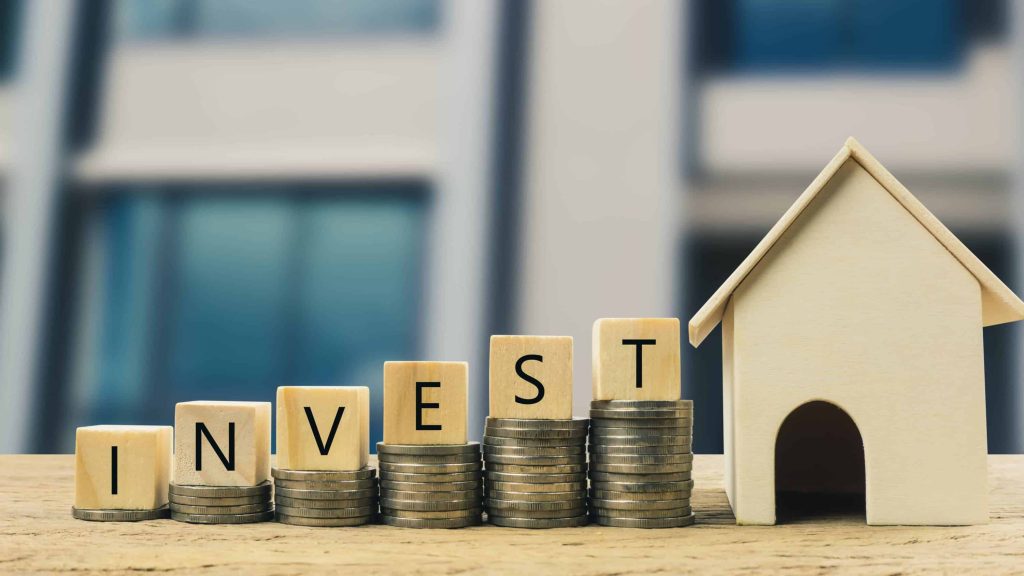
- 7. Remember to renew your leases
Keep a close eye on your rental properties and renew leases when appropriate. This will help to keep you invested in the property and ensure that it continues to make revenue for you.
- 8. Want long-term tenants?
Landlords who want long-term tenants can help encourage those qualities in their tenants by implementing tenant retention programs. These programs offer incentives, such as free rent or discounts on future lease payments, to incentivize renters to stay with the property for a set period of time.
- 9. Don’t forget rental property at tax time
When you’re preparing your tax returns, be sure to include rental properties in your income. This will help you report the income and deductions that are associated with owning and operating a rental property.
- 10. Understand how rental law works
Before investing in rental property, it’s important to understand the different laws that apply to this type of investment. This will help you stay compliant with current regulations and make sure that your properties are run lawfully.
12 Assets That Generate Income
There are 12 assets that generate good income which you can put your money into and get a reward.
- Real Estate Assets
Real estate assets such as rental properties, co-ops and condos are some of the best options for generating good income. By owning real estate you can earn rent or property taxes that will help to cover your monthly expenses.
- Stocks
Investing in stocks can also be a great way to generate income. By buying and holding shares of companies, you may see increased profits down the road if the stock market continues to rise.
Real Estate
Real estate assets such as rental properties, co-ops and condos are some of the best options for generating good income. By owning real estate you can earn rent or property taxes that will help to cover your monthly expenses.
- Savings Accounts
Some cash flow sources include rental properties that have higher occupancy rates or those located in desirable areas. If your property is generating income, you can use this money to cover mortgage payments and other expenses.
- Certificates Of Deposits
Certificates of deposits (CDs) are low-risk investment vehicles that offer investors a fixed rate of interest for a set period.
- Private Equity Investing
Private equity investing is a type of investment that involves the purchase of shares in privately-held companies. By doing so, private equity investors hope to increase the profitability and value of these businesses.
- Peer-to-Peer Lending
Peer-to-peer lending is a form of investment that enables individuals to borrow money from other people to fund investments or personal expenses.
- Building a Business
If you have experience in a specific field and are knowledgeable about it, there is a good chance that you could start your own business. This way, you would be able to work as an entrepreneur with complete control over your destiny.
- Farmland
If you are interested in owning farmland, it is important to understand the available different types of real estate. You can buy and sell land, or use it as a source of income by leasing it out to farmers.
- Annuities
Annuities are a type of investment that offers income for life. They can provide a steady flow of income, regardless of market conditions.
- Websites
Many investors use websites like Mint.com to help them track their investment portfolios and make informed decisions about where to invest money.
- Money Market Accounts
A money market account is a low-risk investment that offers investors a rate of return that is higher than most other types of accounts. This type of account allows you to keep your money relatively safe while earning interest on the balance deposited.
- Royalties
If you are an author, musician, or artist, royalties can be a way to earn money from your work. This income is typically earned when someone purchases your work or uses it in some way. 13. Businesses that Sell Products Online
If you have a product or service that you would like to sell online, it is important to start by creating a website. This way, people can find information about your business and purchase your products or services from within the site.
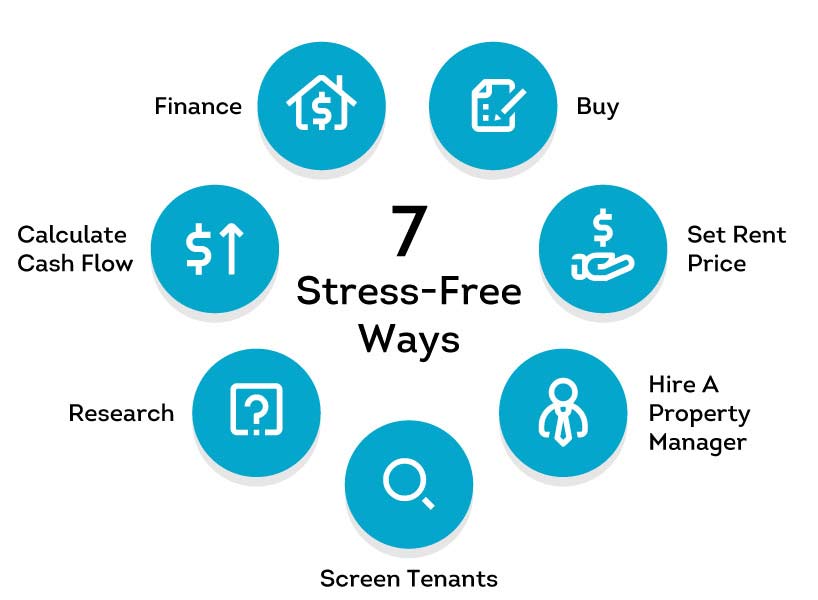
Tips for Investing in an Income Property
Here are 4 tips for investing in an income property;
Assess your time and skills
Before you invest in an income property, it is important to assess the time and skills that you have. This means determining whether or not you can take on the responsibility of managing and maintaining the property.
Identify potential properties
There are several ways to find properties that could be suitable for investment purposes. You can use websites like Zillow or property agents who specialize in income properties. Or, you could look for properties through classified ads or estate sales listings. whatever route you choose, it is important to do your research first so that you make informed decisions
Know your laws
Before you invest in an income property, it is important to review the laws that apply to the area. This way, you can be sure that you are following all of the necessary guidelines.
Evaluate properties carefully
Once you have identified a potential property, it is important to evaluate it carefully before making an investment decision. This means taking into account such factors as location, size and condition of the property as well as monthly rental income and expenses.
Create an emergency fund
Before you make any investment decisions, it is important to create an emergency fund to cover potential financial setbacks. This money should be set aside in case of unexpected repairs or lost income from the property.
Mind your due diligence
Before you invest in an income property, it is important to do your research. This means understanding the laws that apply to the area, as well as evaluating properties carefully before making a purchase.
Thinking of investing in income property in Kenya? talk to us.
Common Income Property Questions
Where Do I Find a Profitable Income Property?
There are several ways to find properties that could be suitable for investment purposes. You can use websites like Zillow or real estate agents who specialize in income properties. Or, you could look for properties through classified ads or estate sales listings. whatever route you choose, it is important to do your research first so that you make informed decisions
How Do I Finance an Income Property?
There are some ways to finance an income property. You can use a traditional mortgage or financing option like an equity loan. Or, you could use cash flow from the property itself as well as money that you borrow against the sale of the property
What Are Some Common Expenses Associated with Investing in an Income Property?
Some common expenses associated with investing in an income property include property commissions, lawyer fees and closing costs. It is also important to take into account monthly rental payments and other expenses such as utility bills.





One thought on “Secrets of Income Property and ways to invest in them”